如何把浮点数转换成字符串?
Posted
tags:
篇首语:本文由小常识网(cha138.com)小编为大家整理,主要介绍了如何把浮点数转换成字符串?相关的知识,希望对你有一定的参考价值。
我查到了两个函数可以转换
char *ecvt(double value, int ndigit, int *decpt, int *sign)
char *fcvt(double value, int ndecimals, int *decpt, int *sign)
问题是我用了之后程序不认识ecvt和fcvt这两个函数,头文件放了:
#include <stdio.h>
#include <stdlib.h>
#include <ctype.h>
#include <string.h>
可还是不认,这是什么问题啊?
1、首先打开vc6.0,新建一个项目。添加stdio.h头文件。
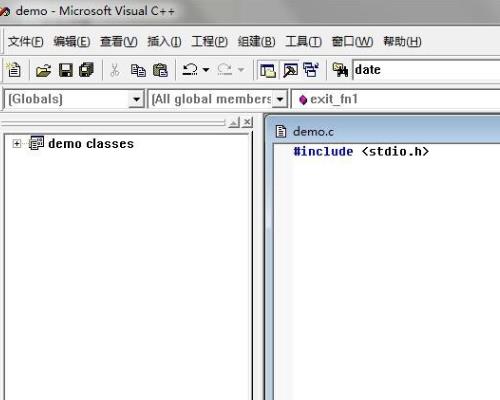
2、添加stdlib.h头文件。
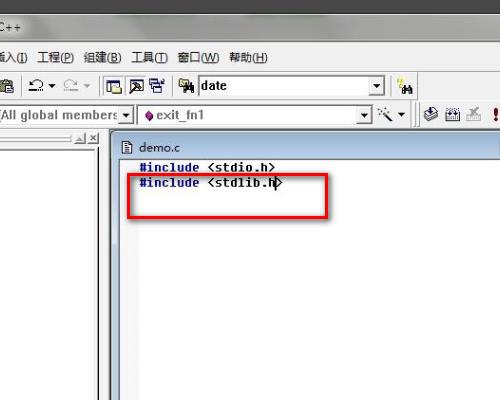
3、添加main主函数。
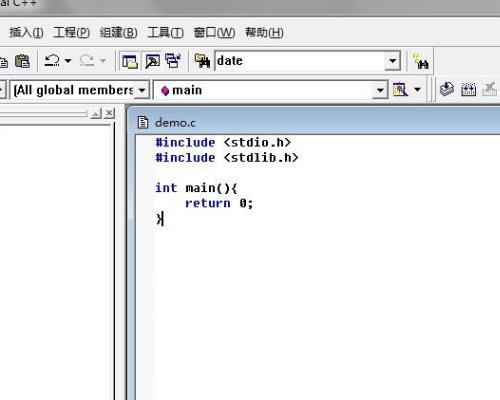
4、定义float变量f。
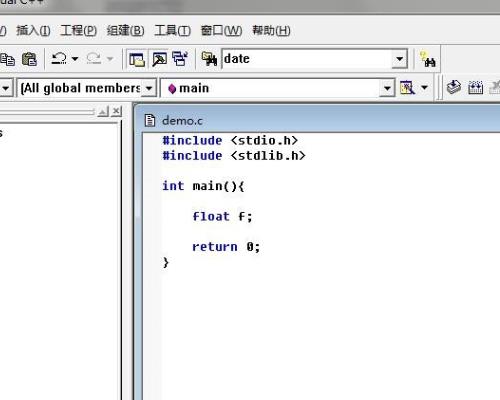
5、定义char 指针类型变量str。
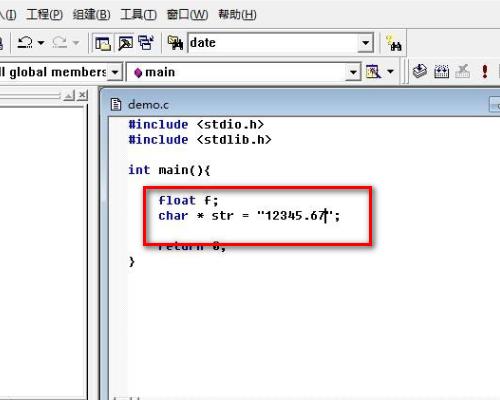
6、使用atof将字符串转换为浮点数。
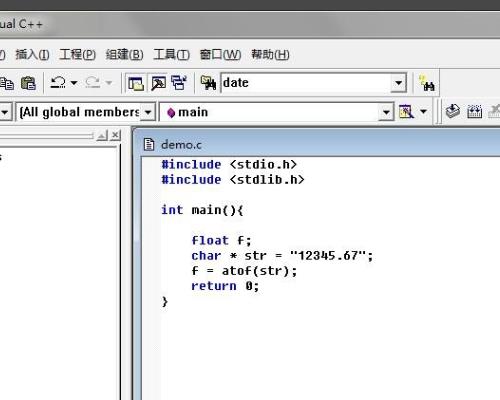
7、运行程序看看结果。
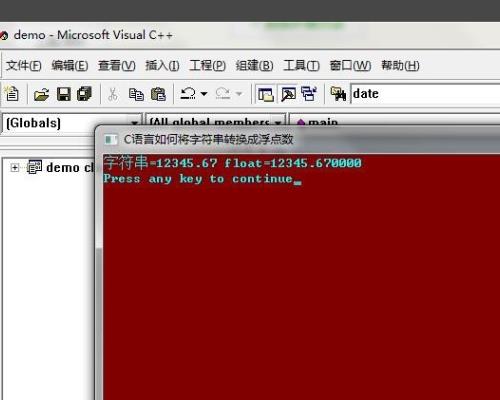
例如,float,double 到 char
#include<stdio.h>
#include<stdlib.h>
void main()
float f= 1234.5;
double d= 789.8765;
char sf[20],sd[20];
sprintf(sf,"%f",f); // float 到 char
sprintf(sd,"%lf",d); // double 到 char
printf("%s %s\n",sf,sd); // 打出来看
本回答被提问者采纳 参考技术B 头文件中应该有:
#include <stdlib.h>
#include <stdio.h>
#include <conio.h> 参考技术C ltoa,,好像有这么个函数了.
delphi 整型赋值为字节,
InBuf[0]:= $55;
InBuf[1]:= $05;
InBuf[2]:= ;//3330
InBuf[3]:= ;
InBuf[4]:=$AA;
如何将整型的高低位赋值给数组2和三呢,请教高手...
方法#1:
uses SysUtils;
...
X : SmallInt;
...
InBuf[2] := WordRec( X ).Bytes[1];
InBuf[3] := WordRec( X ).Bytes[0];
方法#2:
...
X : SmallInt;
...
InBuf[2] := Ord( ( PAnsiChar(@X) + 1 )^ );
InBuf[3] := PByte( @X )^;
如果是Delphi 2009以上,则InBuf[2]的赋值也可简化为InBuf[2]:=( PByte( @X ) + 1 )^;
以上方法是把高位置于InBuf[2],低位置于InBuf[3],若是相反,则办法更简单:PWord( @InBuf[2] )^ := X; 参考技术A integer是32位长度相当于4个字节,你的数组元素2和3加起来是2个字节,所以只能取其中两个字节出来给数组。大概就是如下代码吧:
var m : Integer;
m :=123456;
InBuf[2]:= PByte(integer(@m)+1)^;
InBuf[3]:= PByte(integer(@m)+2)^;
以上是关于如何把浮点数转换成字符串?的主要内容,如果未能解决你的问题,请参考以下文章